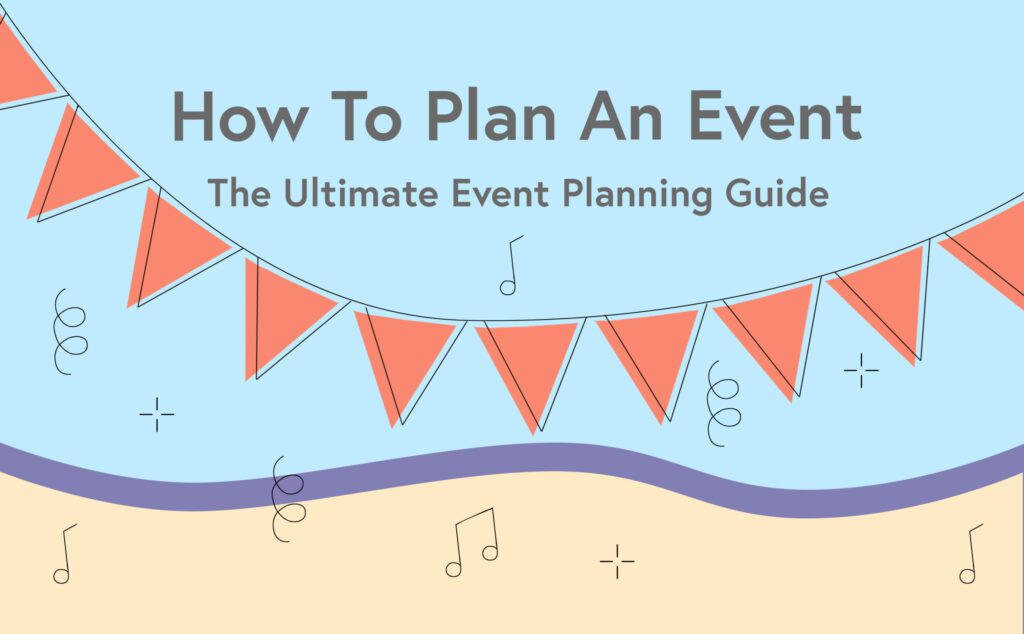Planning a trip can be daunting, but with early planning, the right budget, and smart decision-making it can be achieved without stress. Starting early gives you the opportunity to score travel deals or discounts. Using budgeting apps can help manage your finances. Choosing a cost-effective mode of transportation, like public transit, can save money. Opt for budget-friendly accommodation and plan your meals to limit excessive spending. Lastly, be discerning with souvenir shopping, focusing on memorable experiences rather than material items. Remember, the goal is to create lasting memories on your journey.
Top Tips to Master the Art of Trip Planning and Budgeting
Planning a trip can often be a daunting task, especially with the added challenge of sticking to a budget. However, with the right plan, you can bring your dream trip closer to reality without breaking the bank. Here are top tips to help you master the art of trip planning and budgeting:
1. Plan Early
The key to successful and budget-friendly trip planning is starting early. By looking at airfares and accommodation options ahead of time, there’s a higher chance of scoring travel deals or discounts. Additionally, planning early grants you ample time to tweak your itinerary and make necessary adjustments without feeling rushed.
2. Set a Budget
Identify what you’re willing to spend on your trip. Consider all elements that require funding such as accommodation, meals, transportation, entrance fees to attractions, and souvenirs.
Remember, it’s not about limiting your experiences but rather making sure you get the most out of every dollar spent.
3. Use Budgeting Tools or Apps
Budgeting doesn’t have to be a chore; using tools or apps can streamline the entire process. These can help you track spending, manage your overall budget, and provide currency conversion rates if you’re travelling abroad.
4. Decide on the Mode of Transportation
Choosing a transportation method can greatly impact your travel costs. Take time to research the most economical and convenient form of transport for your destination. Using public transportation, renting a bike, or even walking can significantly reduce your expenditures.
5. Choose Accommodation Wisely
Accommodation can be one of the biggest expenses in your trip. Rather than opting for high-end hotels, consider alternatives like hostels, budget hotels, bed-and-breakfasts, or home rentals. Prioritize safety, convenience to attractions, and positive reviews from previous guests when making this selection.
6. Plan Your Meals
Eating on the go can quickly eat up (pun intended) your travel budget. If possible, choose accommodations that offer complimentary breakfast. You can also buy groceries and cook some of your meals, or explore local markets for affordable and authentic food experiences.
7. Limit Souvenir Shopping
While it’s tempting to buy souvenirs at every turn, these costs can quickly add up. Consider investing in fewer but more meaningful items, or better yet, opt for experiences over material things. After all, memories of your travel experiences are the best souvenirs you can bring home.
Conclusion
Mastering the art of trip planning and budgeting calls for early preparation, careful planning, and smart decision-making. Following these tips can help you enjoy a fulfilling trip without stressing over finances. Ultimately, the goal is to create memorable experiences that resonate with you long after you’ve returned home.
Happy planning, safe travels, and here’s to making the most of every journey!
